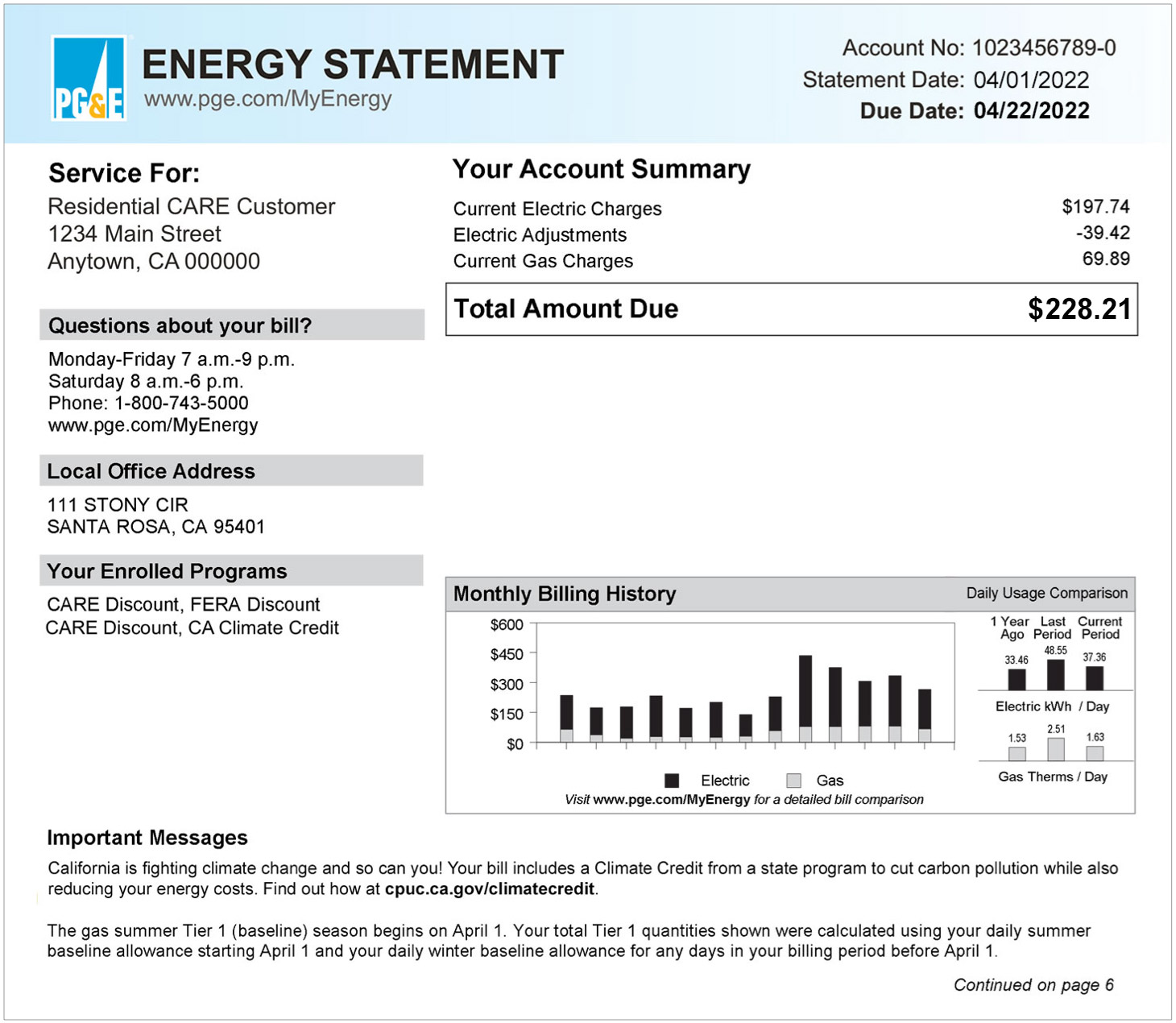

Finance
SEC Form 8-A12B Definition
Published: January 24, 2024
Learn the definition and purpose of SEC Form 8-A12B in the world of finance. Understand its significance in regulatory compliance and financial reporting.
(Many of the links in this article redirect to a specific reviewed product. Your purchase of these products through affiliate links helps to generate commission for LiveWell, at no extra cost. Learn more)
Unraveling the SEC Form 8-A12B Definition: Everything You Need to Know!
When it comes to navigating the world of finance, it’s essential to understand the various forms, regulations, and filings that govern the industry. One such form is the SEC Form 8-A12B. In this blog post, we’ll provide you with an in-depth explanation of what this form entails and why it matters in the world of finance.
Key Takeaways:
- SEC Form 8-A12B is a filing submitted to the U.S Securities and Exchange Commission (SEC) to register a class of securities under the Securities Exchange Act of 1934.
- This form is typically filed by companies looking to go public or by existing public companies seeking to register additional securities.
Understanding SEC Form 8-A12B:
SEC Form 8-A12B is an important document that companies must file with the SEC when they want to register a class of securities under the Securities Exchange Act of 1934. This act regulates the disclosure and reporting obligations of companies with publicly traded securities. The form’s purpose is to provide transparency and protect investors by ensuring that accurate and up-to-date information is available.
So, why is this form specifically designated as 8-A12B? The SEC labeling system follows a format that signifies different types of filings. In this case, “8-A” denotes the type of registration statement, and “12B” refers to the section of the Securities Exchange Act under which the registration is made.
When a company files an 8-A12B form, it signifies its intention to go public or expand by registering additional securities. This filing is a significant milestone in a company’s journey towards becoming publicly traded. It provides regulatory certainty, protects shareholders’ interests, and allows the company to comply with reporting requirements and other obligations.
With a thorough understanding of the SEC Form 8-A12B definition, let’s take a closer look at some key points:
1. Purpose of SEC Form 8-A12B:
The primary purpose of SEC Form 8-A12B is to assist the SEC in monitoring and regulating the securities market. By requiring companies to provide detailed and accurate information, it ensures transparency and fairness for investors. It helps in identifying potential risks and allows the SEC to take appropriate action to protect investors.
2. Process and Implications of Filing:
When a company files an SEC Form 8-A12B, it is making a public declaration of its intentions and obligations. The filing triggers a series of events and responsibilities, such as complying with reporting requirements, maintaining transparency, and adhering to subsequent regulations. It is a critical step in the company’s journey towards going public or expanding its securities offerings.
By completing and submitting the form, the company is acknowledging that it is ready to assume the responsibilities associated with being a publicly traded entity. It also indicates that the company has conducted the necessary due diligence and is committed to meeting its obligations under the Securities Exchange Act of 1934.
Conclusion:
Understanding the SEC Form 8-A12B definition is vital for anyone involved in the finance industry. Whether you’re an investor, financial professional, or a company considering going public, familiarizing yourself with the requirements and implications of this form is essential. By adhering to the regulations and providing accurate information, companies can build trust with investors and contribute to a fair and transparent securities market.
Remember, if you’re looking to go public or expand your securities offerings, consulting with legal and financial professionals who specialize in SEC filings can be invaluable. They can guide you through the process and ensure that you meet all the necessary requirements.














